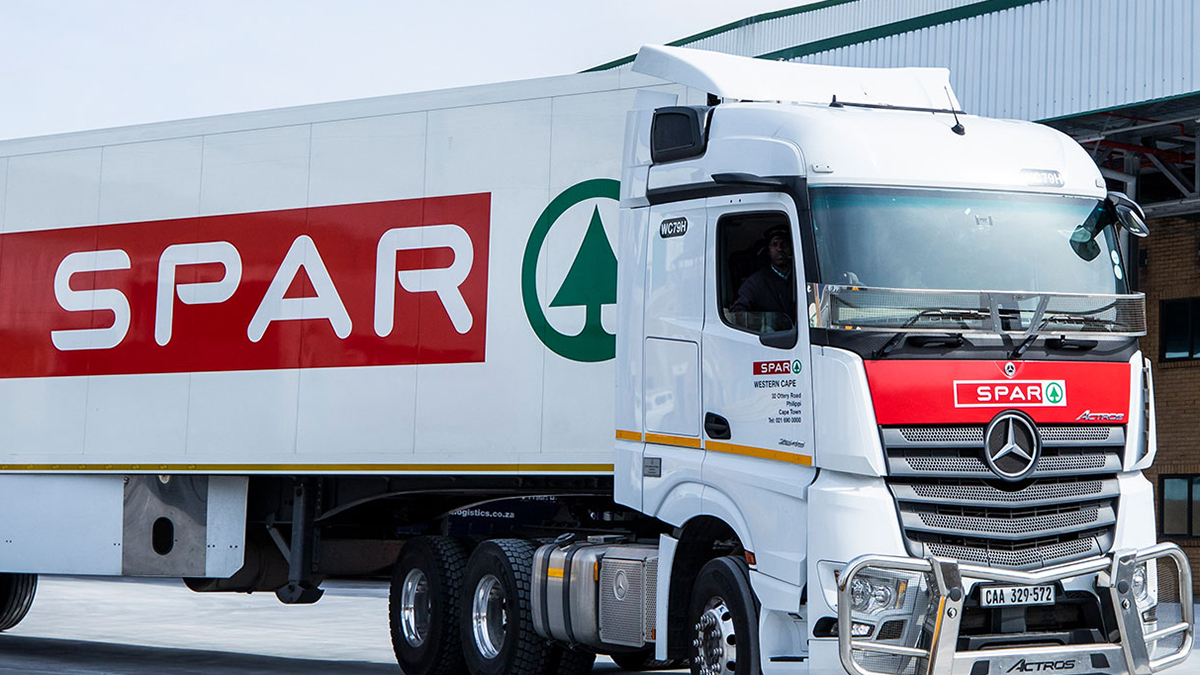
Retail chain Spar has made significant progress with SAP integration issues that cost the company R1.6 billion. This emerged from Spar’s integrated annual report, which reveals that the poor implementation of the SAP system at the KZN distribution centre affected the group’s growth and operational efficiency in the short term.
Spar Group encountered multiple obstacles during the rollout of the SAP software, particularly at its KZN distribution centre, which was the first to adopt the new system in February 2023. The transition resulted in various go-live and integration issues, significantly impacting distribution operations in the region. These challenges disrupted stock deliveries to retailers’ stores, leading to reduced service levels and a decline in retailer loyalty.

According to Spar, in or around October 2021, a member of the company’s board received a whistleblower’s letter containing allegations in relation to the SAP implementation project. It revealed that three directors, who have since left the company, ignored the whistleblower’s concerns about the botched rollout. “Significant progress has been made in resolving SAP integration issues, including improving visibility of pricing and subsidies for buyers, as well as addressing warehouse management inefficiencies that increased labour and transport costs through the selection of a new warehouse management system,” says the retailer in the integrated report.
It notes that service levels achieved are currently in excess of 90% with KZN loyalty rates rising from 68.6% in the second quarter of 2024 to 70.9% in fourth quarter of 2024.
“The poor implementation of the SAP system at the KZN distribution centre affected the group’s growth and operational efficiency in the short term. The group is focused on addressing identified gaps to ensure a successful rollout across the rest of the group,” it adds. Spar points out that its audit committee oversaw the implementation of control improvement plans to address control weaknesses uncovered during the previous financial year, and to remediate the SAP system implementation issues.
Additionally, the committee will maintain strong oversight of the SAP system, including monitoring its implementation and addressing related performance and integration issues. It explains that the group has embarked on a programme to design, build and deploy a SAP template for the South African business. The development of the SAP template constitutes the development of an internally generated intangible asset, which will ultimately be split within the South African business between local divisional distribution centres (DCs).
The unit of account for the purpose of the capitalisation of development costs is a matter of judgement. Each instance of the implementation within the respective DC is considered to be a separate unit of account, says the retailer. The quantification for costs allocation to each DC is driven by the licences linked to the SAP project on the date of the DC going live.
The capital work in progress amounts are recognised and tested for impairment in South Africa using the discounted cash flows for the SPAR Group separate company. “Whilst interventions to resolve the SAP impacts in the KZN region are well underway, it will take some time for the full effects to be felt and for the overhang on gross margins to be eliminated; gross profit margin for Spar South Africa, including Spar Tops and Build It, decreased from 8.7% to 8.
5%,” it says..















